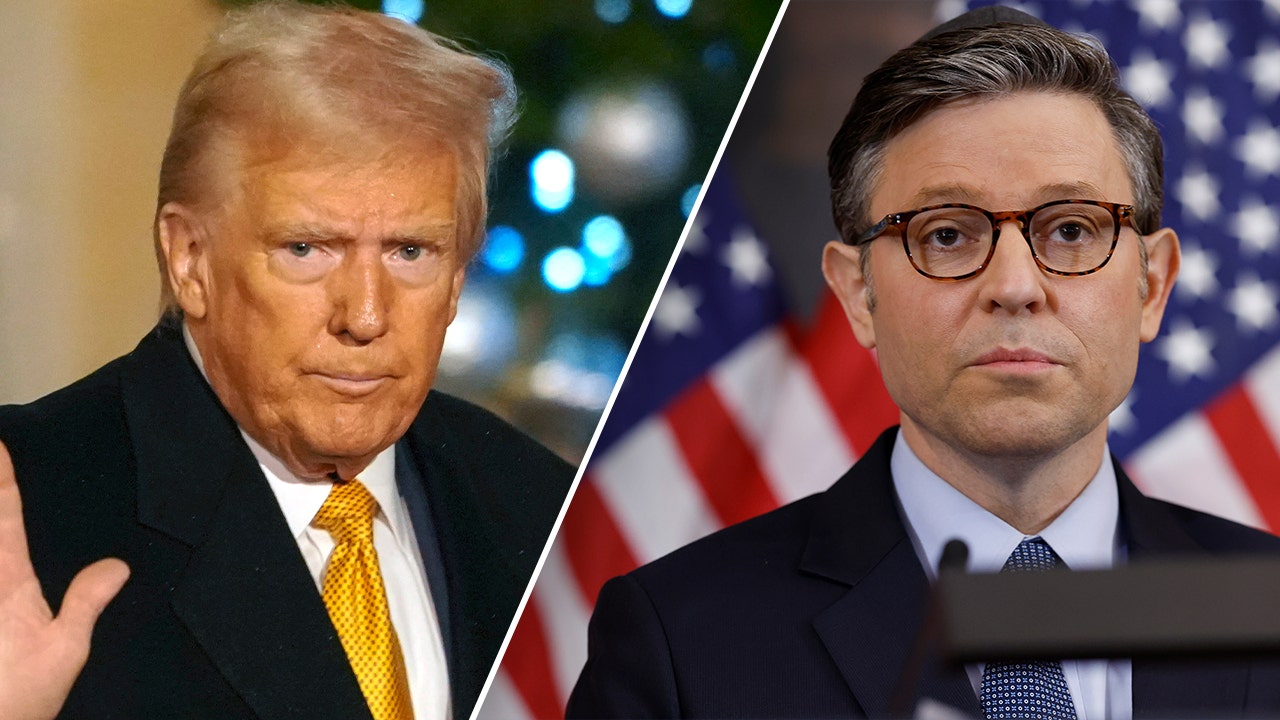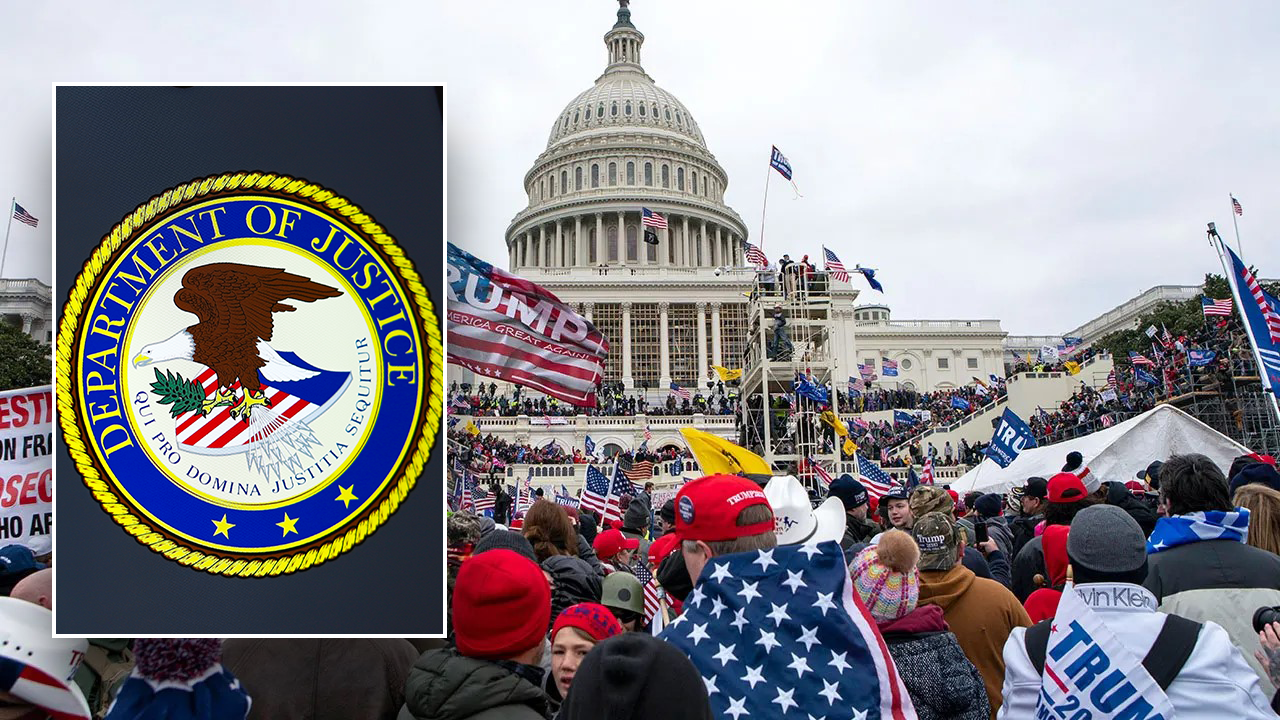Connecticut
Kevin Rennie: Connecticut persists in embrace of anti-democratic barriers

Hartford Democratic Town Committee members will meet Monday evening to endorse a candidate for mayor and other city offices. Luke Bronin’s decision not to seek reelection propelled a host of candidates into a race that would otherwise have seen Bronin glide to a third term.
Hartford is a one-party town and it belongs to the Democrats. The race for Democratic nomination for mayor will be decided in a Sept. 12 primary, but getting to it provides an embarrassing reminder of Connecticut’s high hurdles to ballot access. The Constitution State persists in its embrace of anti-democratic barriers.
The three top competitors seeking support from the 77 town committee members are Arunan Arulampalam, Eric Coleman and John Fonfara. Each is an insider in his own dispiriting way. One of them will win the town committee’s endorsement, the other two, no matter how many votes each wins, will need to collect a couple of thousand signatures to get on the primary ballot. J. Stan McCauley and city council member Nick Lebron are also expected to collect signatures to qualify for the primary.
GOP, lobbyist donors emerge in Hartford’s tight, three-way Democratic race for mayor
State law requires municipal primary candidates to collect signatures from 5% of the voters who are registered members of their party where they are running. The precise number of registered Democrats in Hartford will be determined Monday, Democratic Registrar of Voters Giselle Feliciano said. There are about 36,000 registered Democrats in Hartford. Each candidate will need approximately 1,800 signatures plus a cushion of a few hundred in anticipation of some signatures being disqualified.
Petitions from Feliciano’s office will be available the day after the convention. Candidates will have until 4 p.m. August 9 to submit their petitions to the registrar. That’s 16 summer days wasting time and money hunting for registered Democrats, confirming their identity and persuading them to sign a petition in these suspicious times.
The system is intended to keep challengers from giving rank and file party members a say in the nominating process. Party leaders often prefer to have these critical decisions made by a handful of close colleagues, not thousands of unpredictable party voters.
Two of the candidates had decades to support dismantling this archaic system that protects party-endorsed candidates from what in other states are routine primary contests. Coleman served in the legislature for nearly 40 years before winning a nomination to the Superior Court less than two months after he won re-election in 2016. Fonfara won his state Senate seat in 1996 after serving in the House for 10 years.
Arulampalam is a former lobbyist who made an unsuccessful bid for state treasurer in 2018, served as a deputy commissioner in the Lamont administration and left it in 2021 to become the head of the Hartford Land Bank. Arulampalam omits his lobbyist gig on his campaign website. With the support of town committee Chair Marc DiBella, Arulampalam appears to have the most votes going into Monday’s convention.
Arulampalam’s campaign website asks voters to join him in believing in Hartford. What he wants to do as mayor — treat people with respect, bring music into schools and do something about out-of-state landlords — feels like a purposeful mystery to avoid controversy. Fonfara highlights the funding he’s brought to Hartford as an influential legislator, but complains it is still not enough. Coleman’s most specific proposals are to put Hartford into the utility company business and raise the number of Hartford police officers to 500 or 600.
Not one of the three leading candidates has been willing to follow Bronin’s lead in calling on Gov. Ned Lamont to get state employees back to work in Hartford. Without economic activity in the capital city even the most modest aspiration will not be transformed into action.
The candidates have been quiet on the Metropolitan District Commission’s manifold failures in operating the sewage and storm water systems in the city’s North End neighborhood. This month’s torrential rains flooded local homes and businesses—again. A plan to finance improvements was announced with fanfare earlier this summer—and Fonfara was included in the rollout. The program will take time to launch and so residents continue to be tormented by human waste water entering and destroying their homes and possessions.
Hartford’s large delegation on the MDC board, including Chair William DiBella, a Fonfara booster and father of Marc DiBella, the city Democratic chief who supports Arulampalam, has not been an effective advocate for suffering residents.
A candidate for mayor who wants to make life better in Hartford would promise to replace those MDC members with the local activists who have shamed state and federal officials to act. If no candidate will make that easy pledge, their vows to take on broader issues have no meaning.
Kevin F. Rennie of South Windsor is a lawyer and a former Republican state senator and representative.

Connecticut
Drone Flight Ban: New York bans drone flight in New Jersey, Connecticut amid security concerns: What you need to know | World News – Times of India

The Federal Aviation Administration (FAA) on Thursday imposed a temporary drone flight ban across parts of New York state, including Brooklyn, Queens, and two communities on Long Island. The restriction, which is set to last until January 18, is part of a broader effort to secure critical infrastructure sites, including energy facilities and government buildings, as drone sightings continue to spark fears and uncertainty in the region.
“Precautionary action” or real threat?
Gov. Kathy Hochul of New York reassured the public that the ban was precautionary in nature, emphasizing that “there are no threats to these sites.” However, with the restriction affecting critical areas like Far Rockaway in Queens, Ridge, and Garden City on Long Island, many are left wondering if authorities know more than they are letting on.
Meanwhile, the FAA’s move comes after a similar ban was imposed in New Jersey earlier this week, covering a significant portion of the state, including Camden, Elizabeth, and Jersey City. The restrictions, which will last through January 17, are part of a response to rising concerns over drone activity near sensitive infrastructure, such as the Salem Nuclear Generating Station in Lower Alloways Creek.
“This is an extremely important site,” Rep. Jeff Van Drew Says of Nuclear Plant
Rep. Jeff Van Drew, whose district includes Salem County, voiced his concerns over recent reports of drones near the nuclear facility. “This is tactically an extremely important site,” Van Drew explained, highlighting the importance of the facility, which generates nearly half of New Jersey’s power. PSE&G, the operator of Salem Nuclear, confirmed that the company had requested the FAA impose flight restrictions near the facility for safety reasons.
While there has been no direct evidence of a threat, the urgency surrounding the drone sightings has escalated. Van Drew criticized the federal government for not providing more concrete details on the incidents, noting that “what scares people is uncertainty.”
A broader concern spreads across the region
As drone sightings have become more frequent, public concern has intensified. In Connecticut, Republican lawmakers are now calling for similar drone restrictions to protect the state’s critical infrastructure, with a collective question hanging in the air: “What about Connecticut?”
In New Jersey, Rep. Josh Gottheimer expressed frustration over the lack of transparency. “They must brief the public on the reasons for their action,” he stated. He worried that without a clear explanation, the FAA’s broad ban could create even more confusion and panic among residents and businesses in the affected areas.
Confusion and difficulties for pilots
Patrick E. Bradley, an aviation lawyer and pilot based in Princeton, New Jersey, remarked on the unusual nature of the FAA’s decision, pointing out that he has never seen such an extensive set of restrictions in over 40 years of flying. “All of these minuscule, tiny, temporary flight restrictions – I’ve never seen that done before,” Bradley said, adding that the complexity of the bans could lead to confusion for both drone operators and airplane pilots trying to navigate the airspace.
The FAA’s restrictions apply only to drone operators, but consequences for violators are severe. Pilots found flying drones in restricted areas could face federal detention or questioning. Many commercial drones are registered with the FAA, making it easier for authorities to track down violators. However, there is still concern over how hobbyists or recreational drone users may be discovered.
Security concerns or overreaction?
Despite repeated assurances from federal officials that there is no immediate security threat, the uncertainty surrounding the drone sightings continues to fuel speculation. Dana Gallagher, a spokesperson for the U.S. Department of Homeland Security, stated, “We continue to assess there is no public safety threat relating to the reported drone sightings,” while maintaining that the FAA acted out of an abundance of caution.
As drone sightings continue to proliferate, with numerous reports across New Jersey, New York, and other northeastern states, the question remains: Are these drones merely harmless misidentifications of helicopters or planes, or is there something more sinister at play? Only time will tell whether the FAA’s swift actions are a prudent response to potential threats or an overreaction to a growing sense of anxiety.
For now, New Yorkers and New Jerseyans, along with drone operators across the region, will have to adjust to the new temporary restrictions—waiting to see if this is a momentary precaution or the beginning of a broader regulatory crackdown.
Connecticut
CSCU officials vow to fix spending problems outlined in audit

One day after an audit raised concerns about spending by top executives, officials with the Connecticut State Colleges and Universities (CSCU) vowed to impose more financial control.
“I understand people’s frustration, I understand people’s disappointment and we have to take that very seriously,” CSCU Chancellor Terrence Cheng said after a Board of Regents meeting Thursday at CT State Community College Manchester.
Cheng was the focus of an audit released Wednesday by Comptroller Sean Scanlon that reviewed how he and other administrators used their state-issued credit cards, or P-cards.
The audit found Cheng often exceeded limits for meals, occasionally purchased alcohol and hired a driving service three times despite the state providing transportation for him.
The audit also found questionable spending by some presidents at the system’s four state universities and 12 community colleges.
Cheng said he is looking to implement Scanlon’s 10 recommendations. Those involve clear, consistent polices and creating more financial oversight.
Board of Regents Chairman Martin Guay also said the system needs to impose changes to restore public trust.
“This is very fixable and it will be fixed,” Guay said.
Guay agreed on the need for more oversight, especially after regents cut eliminating internal auditing operations in 2017 as a way to save money.
Guay noted Cheng is no longer using his P-Card and the CSCU system is re-evaluating when a school’s nonprofit foundation should pay for an administrator’s meal or other costs.
Cheng said he’s still reviewing Wednesday’s audit, but hopes to start working on system-wide P-Card policy and other measures. He wants to implement changes over the next 100 days.
But questions remain about whether Cheng will be the one to make those changes.
Republican lawmakers called for Cheng’s termination Wednesday. Guay said he isn’t ready to make that determination.
He wants to talk with Scanlon to learn more about his findings, as well as with CSCU’s financial leaders and attorney.
“We don’t know enough to make that kind of a decision so we’re not making that right now,” he said.
Governor Ned Lamont expressed his support for Cheng while speaking with reporters at an unrelated event in Hartford.
Students, meanwhile, expressed frustration. The audit’s findings detailed spending over a three-year period that coincided with tuition increases and unpopular cost saving moves.
This includes a consolidation of community colleges that has drawn criticism from students and faculty.
“We do expect a level of credibility and accountability from our leaders,” CT State Community College Manchester student Darren Mack said.
Guay said he understands the audit undermines the CSCU system’s efforts to control costs.
“You make progress and something like this happen and you get – it becomes problematic with trust,” he said.
Connecticut
Firefighter Dies After Being Struck By Vehicle, ID Released: CT News

Patch AM CT brings you the breaking and trending news stories from all across Connecticut each weekday morning. At any point, you can find your local Patch and catch up on those stories here.
The ID of the firefighter killed in the crash has been released by authorities.>>>Read More.
The fatal crash is under investigation.>>>Read More.
The driver was found walking on a road, according to a report.>>>Read More.
The vehicle was parked in the customer parking lot with several other vehicles in close proximity, officials said.>>>Read More.
See also:
Patch asked readers in Connecticut to send in photos of their favorite neighborhood displays, and you did not disappoint.>>>Read More.
A meal at a local restaurant is one of the best you can get in America, according to a new list from The New York Times.>>>Read More.
Saturday, the Winter Solstice, may be the shortest day of the year, but you’ll still find plenty to do in Connecticut, all weekend long.>>>Read More.
-

 Politics7 days ago
Politics7 days agoCanadian premier threatens to cut off energy imports to US if Trump imposes tariff on country
-
/cdn.vox-cdn.com/uploads/chorus_asset/file/25782636/247422_ChatGPT_anniversary_CVirginia.jpg)
/cdn.vox-cdn.com/uploads/chorus_asset/file/25782636/247422_ChatGPT_anniversary_CVirginia.jpg) Technology1 week ago
Technology1 week agoInside the launch — and future — of ChatGPT
-
/cdn.vox-cdn.com/uploads/chorus_asset/file/25789444/1258459915.jpg)
/cdn.vox-cdn.com/uploads/chorus_asset/file/25789444/1258459915.jpg) Technology6 days ago
Technology6 days agoOpenAI cofounder Ilya Sutskever says the way AI is built is about to change
-

 Politics6 days ago
Politics6 days agoU.S. Supreme Court will decide if oil industry may sue to block California's zero-emissions goal
-
/cdn.vox-cdn.com/uploads/chorus_asset/file/25546252/STK169_Mark_Zuckerburg_CVIRGINIA_D.jpg)
/cdn.vox-cdn.com/uploads/chorus_asset/file/25546252/STK169_Mark_Zuckerburg_CVIRGINIA_D.jpg) Technology6 days ago
Technology6 days agoMeta asks the US government to block OpenAI’s switch to a for-profit
-

 Politics1 week ago
Politics1 week agoConservative group debuts major ad buy in key senators' states as 'soft appeal' for Hegseth, Gabbard, Patel
-

 Business5 days ago
Business5 days agoFreddie Freeman's World Series walk-off grand slam baseball sells at auction for $1.56 million
-
/cdn.vox-cdn.com/uploads/chorus_asset/file/23951353/STK043_VRG_Illo_N_Barclay_3_Meta.jpg)
/cdn.vox-cdn.com/uploads/chorus_asset/file/23951353/STK043_VRG_Illo_N_Barclay_3_Meta.jpg) Technology4 days ago
Technology4 days agoMeta’s Instagram boss: who posted something matters more in the AI age


















